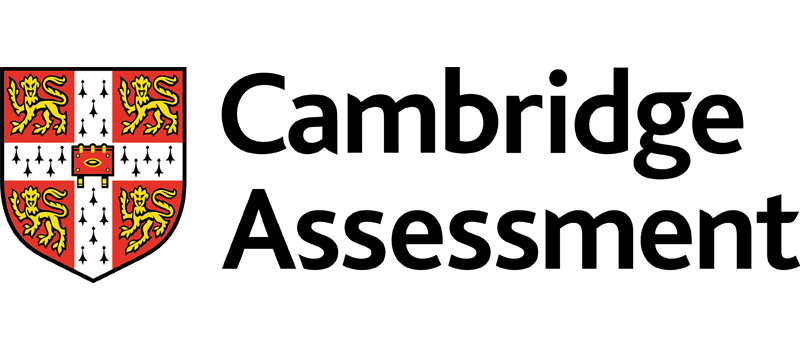Effective governance is the cornerstone of sustainable organizational success. Institutions that prioritize strong governance frameworks and performance management strategies are better equipped to achieve their objectives, enhance employee productivity, and ensure accountability. This course delves into the critical elements of governance, focusing on the best practices for managing and evaluating performance at both individual and institutional levels.
Governance is not merely a matter of compliance; it is about establishing systems that empower organizations to perform optimally while aligning with their strategic vision. This course explores how governance frameworks can be designed to support transparent decision-making processes, promote accountability, and enhance overall institutional resilience. Participants will gain insights into balancing governance with innovation to foster a performance-oriented culture.
Employee performance management is a vital component of governance. It involves setting clear objectives, providing regular feedback, and creating a culture of continuous improvement. Through this course, participants will explore methods to effectively evaluate employee performance, implement strategies for performance improvement, and align individual efforts with organizational goals. Practical tools and techniques for performance measurement and appraisal will also be discussed in detail.
At the institutional level, evaluating performance involves analyzing key metrics, assessing organizational effectiveness, and identifying areas for improvement. This course provides participants with the knowledge and skills to design performance evaluation frameworks that align with international standards of governance. Participants will learn how to utilize data and performance analytics to make informed decisions that enhance institutional growth and success.
Special emphasis will be placed on integrating ethical considerations and sustainability into governance and performance management. Organizations must not only meet their objectives but do so in ways that uphold their ethical responsibilities and contribute to long-term societal benefits. This course examines how to incorporate these principles into governance models and performance evaluation processes.
By the end of the course, participants will have a comprehensive understanding of governance best practices and the tools needed to manage and evaluate performance effectively. They will leave equipped with actionable strategies to drive excellence at both the employee and institutional levels, ensuring sustainable success for their organizations.




















































